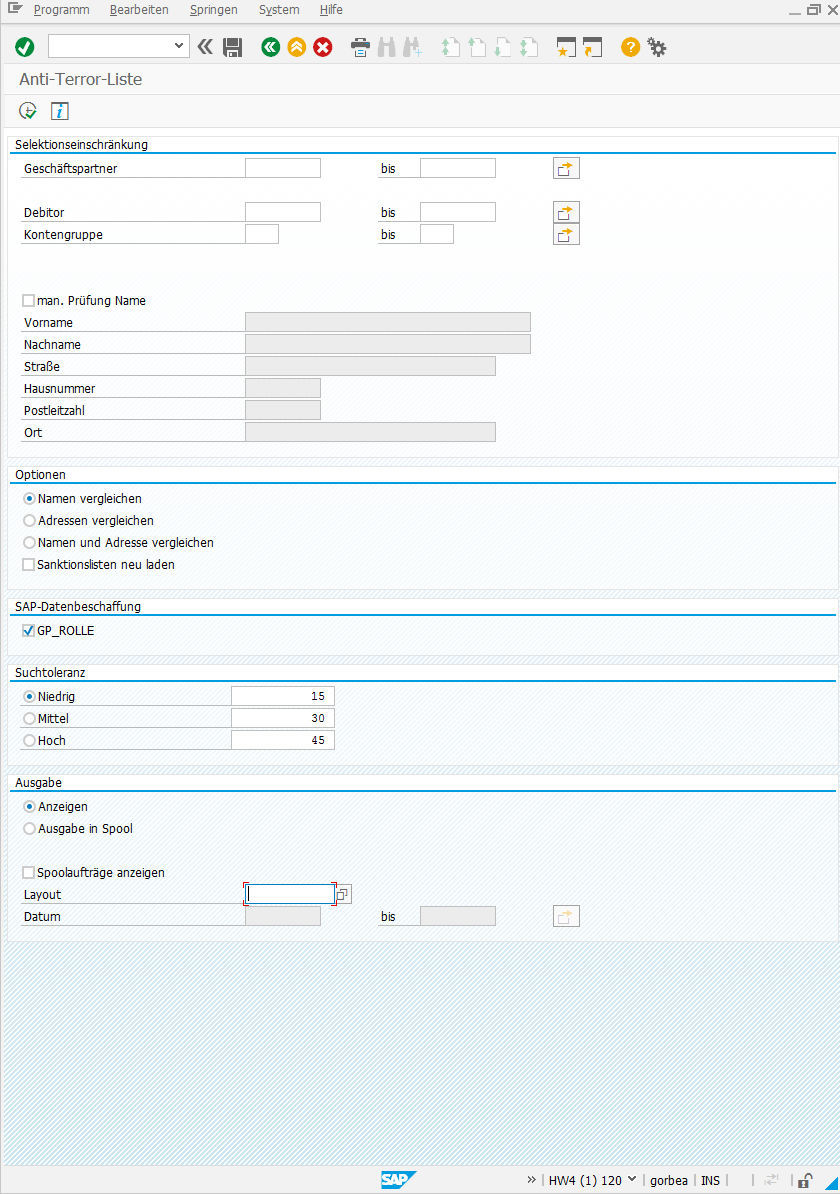Play it safe with the PROMOS Sanctions List Check
Without a doubt, 11 September 2001 is permanently burned into many people’s memories. As a response to the attacks, the European Union published special lists of people, associations and organisations in December 2001, which are regularly updated and provide information on who has been involved in terrorist acts and with whom all business contacts are forbidden.
These sanctions lists, also known as anti-terror lists, are what make it possible to effectively and legally perform a terror check in the scope of the anti-terrorism directives. The general objective here is to remove the financial basis of terrorism. For this reason, all companies in the European Union are obligated to implement provisions within their companies to ensure that business contacts to blocked persons, organisations, associations and companies are neither developed nor maintained. However, how precisely these provisions are arranged is up to the company itself.
To avoid legal consequences or even financial penalties in the event of non-compliance with these directives, it is recommended that you quite literally play it safe and download the valid lists of names from the Internet as well as perform a short but conscientious check. This kind of check does not always have to involve much effort – we can convince you of this with the new PROMOS solution for checking your business contacts.
On request, the PROMOS Sanctions List Check performs fully automated sample checks of your business partner inventory for possible matches with the regularly updated sanctions lists from the EU and the UN. The data acquisition in SAP®, the specification of the time intervals and the search tolerance can all be defined individually.

Fig. 1: Selection screen for the PROMOS Sanctions List Check
As a result, you receive a clear list of possible hits, which is automatically logged and is thus available as evidence for third parties at any time.

Fig. 2: Results list of found business partners
If you would also like to introduce terrorism prevention measures at your company or simply require some pointers for recommended action, then write to us. Our experts will be happy to advise you on your personal business case.
This topic may also interest you:

